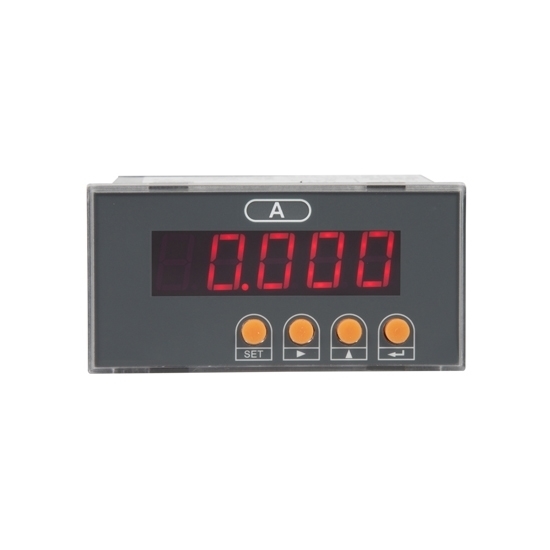
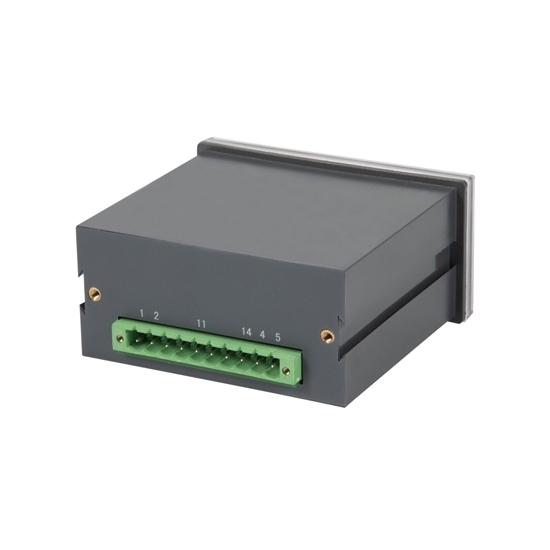
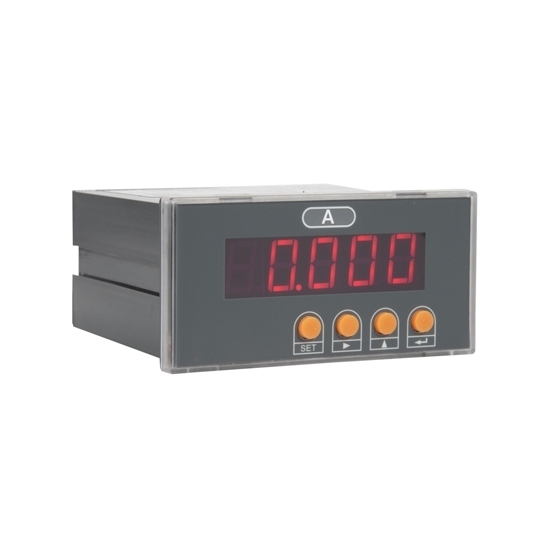
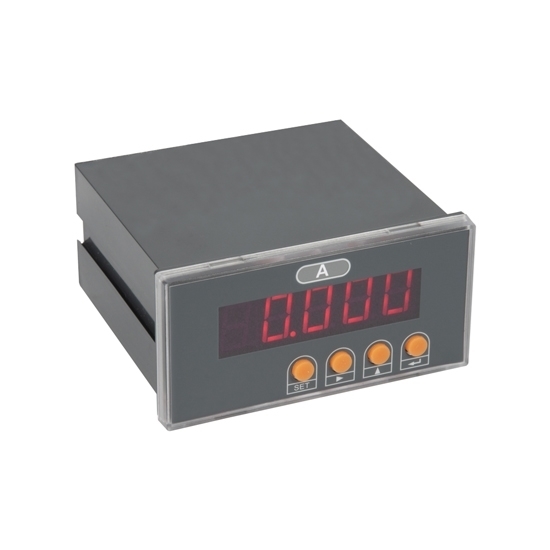
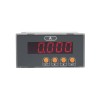
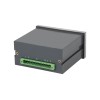
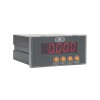
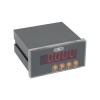
- Stock: In Stock
- Model: RDDLZ-DPM-PZ96B
- Weight: 1.00
- SKU: RDDLZ-DPM-PZ96B
Available Options
Buy an RDDLZ 4-digit display controller for DC current sensor. It is equipped with an RS-485 communication interface and Modbus-RTU protocol, providing analog outputs, relay alarm outputs, and digital input/output. Parameters such as ratio, alarm, and communication can be set and controlled via the keypad on the instrument panel to meet specific needs.
Specifications
| Model | RDDLZ-PZ96B | |
| Recommended Matching Sensor | RDDLZ-CUS-DC1500 (For other sensor models, please contact us.) | |
| Input | Frequency | 45~65Hz |
| Voltage | Ratings: AC 100V, 380V; DC 300V, 1000V | |
| Overload: 1.2 times the rated value (continuous); 2 times the rated value or 1 second | ||
| Power Consumption: Less than 0.5VA | ||
| Current | Ratings: AC 1A, 5A; DC 75mV, 10V, 0-20mA, 4-20mA, 5A | |
| Overload: 1.2 times the rated value (continuous); 10 times the rated value for 1 second | ||
| Power Consumption: Less than 0.5VA | ||
| Ouput | Communication | RS485 interface, Modbus-RTU protocol |
| Display | LED | |
| Function | Switching (Input) | 4 dry contact inputs |
| Switching (Output) | Output: 2 relay normally open contact outputs | |
| Contact rating: AC meter capacity: 1A/30VDC or 1A/250VAC; DC meter capacity: 2A/30V DC or 2A/250VAC | ||
| Analog Output | Output: 1 output, 0-20mA, 4-20mA programmable | |
| Load capacity: ≤500Ω | ||
| Measurement Accuracy | Current/voltage level 0.5 | |
| Power Supply | AC 85~265V or DC 100~350V; power consumption <5VA | |
| Safety | Power frequency withstand voltage: AC2kV 1min between power supply//switching output//current input//voltage input and transmitter//communication//switching input; | |
| Environment | Operating temperature: -10℃~+55℃; Storage temperature: -25℃~+70℃; Relative humidity: ≤ 93%RH, non-condensing; Altitude: ≤2500m | |
Dimensions (Unit: mm)
Tips: Why do DC current sensors need a digital panel meter?
A DC current sensor only converts the current into an electrical signal, such as a small voltage or current, but this signal by itself is not easy to read or understand. A digital panel meter is needed to take that sensor signal, scale it to the correct range, and display it as a clear numerical value in real time. This makes the measurement visible to operators, allows easy monitoring, and in some cases also provides alarm or control outputs for added functionality.
